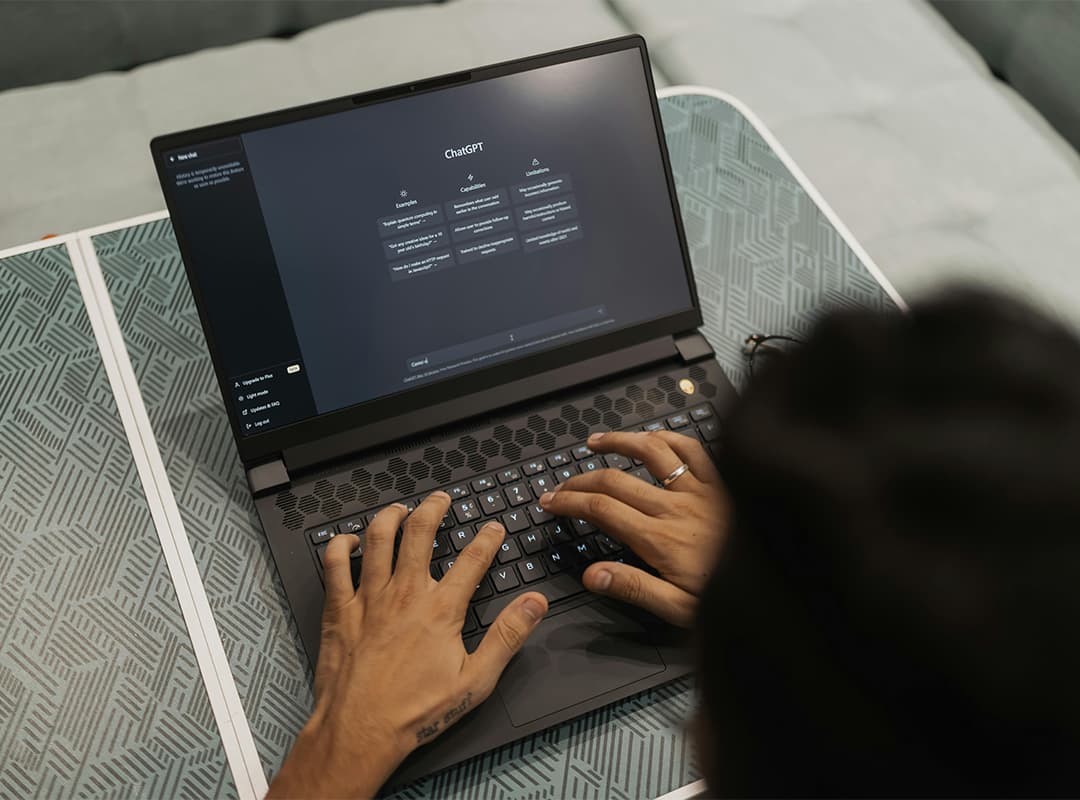How mHealth Apps are Redefining the Healthcare Industry
The healthcare landscape has undergone a significant transformation in recent years, particularly with the rise of mobile health (mHealth) apps. In an increasingly digital world, patients now expect on-demand healthcare services that provide convenience, accessibility, and timely support. The COVID-19 pandemic further accelerated this shift, driving demand for contactless healthcare solutions. From medicine delivery and telemedicine consultations to fitness tracking, mHealth apps have been at the forefront of delivering essential healthcare services during challenging times.
In this blog post, we’ll dive deeper into what mHealth apps are, their market potential, types, and how they are reshaping the healthcare industry.
What is mHealth?
Mobile health, or mHealth, refers to the use of mobile devices, such as smartphones and wearables, to monitor and improve a person’s health. This category of health technology focuses on providing immediate access to health information, enabling users to track conditions, diagnose illnesses, and receive real-time updates.
While digital health encompasses all technologies aimed at improving patient outcomes, mHealth is a more specific subset. It primarily deals with technologies that facilitate direct interactions between patients and their health data, often related to fitness, wellness, or disease management. In short, mHealth empowers individuals to take control of their health through their mobile devices.
The Market Potential of mHealth Apps
The mHealth app market has been experiencing rapid growth, and this trend is expected to continue. The widespread adoption of smartphones and the significant investment in digital health technologies are the primary drivers of this growth. By 2025, the global mHealth market is predicted to exceed $300 billion, underscoring its expanding impact on the healthcare sector.
North America currently dominates the global mHealth market, accounting for over 38% of the market share by 2020. Technological advancements in healthcare and the increasing emphasis on remote care have fueled this demand. At the same time, many countries in Asia are adopting digital health strategies to improve healthcare delivery and patient services.
Types of mHealth Apps
mHealth apps come in various forms, each serving a unique purpose in enhancing patient care and promoting healthier lifestyles. Below are some of the most popular types of mHealth apps:
- Remote Monitoring Apps
These apps allow patients to stay in the comfort of their homes while being monitored virtually by healthcare professionals. Remote monitoring helps manage chronic conditions and reduces hospital visits, improving the overall quality of care. - Clinical and Diagnostic Apps
These apps allow users to input symptoms, track medical data, and even consult with doctors online. They enable quicker diagnosis by leveraging artificial intelligence to analyze patient data and suggest possible health conditions. - Medical Condition Management Apps
These apps assist individuals in managing ongoing health conditions, such as diabetes, heart disease, and pregnancy. They help patients monitor their health, track medication, and stay informed about their condition. - Patient Health Record Apps
These applications help doctors maintain all of a patient’s medical history in one place, making it easier to access and share information during consultations. This reduces the risk of errors and ensures a more efficient healthcare experience. - Mental Wellbeing Apps
These apps focus on improving mental health through relaxation techniques, stress management tools, and sleep trackers. Some offer therapeutic activities, self-help tools, and access to licensed professionals for treatment. - Fitness Tracking Apps
These apps motivate users to stay active and track progress towards fitness goals. They monitor physical activities, provide insights into exercise routines, and help users achieve weight loss or fitness targets. - Medical Compliance Apps
Medical compliance apps are designed to help users keep track of their health insurance records, medication adherence, and other essential medical documents. They also allow real-time tracking of claims and medical treatments.
The Role of mHealth Apps in Addressing Healthcare Challenges
The COVID-19 pandemic has underscored the need for efficient, scalable healthcare solutions that reduce the strain on traditional medical systems. mHealth apps have played a pivotal role in this transformation by offering remote consultations, health monitoring, and contact tracing. The pandemic has also increased acceptance of mHealth technologies, as patients and healthcare providers alike seek ways to minimize in-person visits while maintaining effective care.
As hospitals and clinics faced overcrowding, mHealth apps provided an alternative by enabling individuals to manage their health at home. This led to fewer hospital visits, fewer emergency situations, and ultimately reduced pressure on the healthcare system.
The Future of mHealth Apps
The future of mHealth apps looks promising, as both patients and healthcare providers increasingly embrace digital solutions. As technology continues to advance, we can expect more sophisticated features, including artificial intelligence-powered diagnostics, personalized health plans, and deeper integration with healthcare networks.
Moreover, as healthcare continues to shift toward preventative care, mHealth apps will be essential in empowering individuals to monitor and manage their health proactively. This transition could lead to improved health outcomes, reduced healthcare costs, and a more efficient system overall.
mHealth apps are not just a trend—they are reshaping the healthcare industry by making healthcare services more accessible, affordable, and personalized. From improving patient outcomes to providing timely care, these apps are bridging the gap between traditional healthcare systems and modern digital solutions. As the demand for on-demand healthcare grows, mHealth apps will continue to play a critical role in driving innovation and improving health outcomes worldwide.
